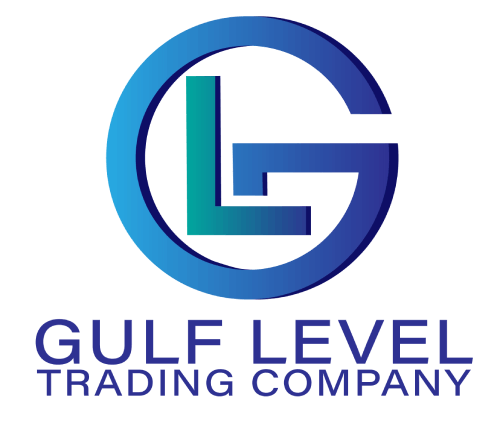Sustainability
GLTC aims at Incorporating Sustainability and Maintenance for Performance Assessment of Marine, Power Generation, Agriculture Engines and Offshore Oil and Gas Platforms.
We tend to create a More Sustainable Future while there is not a single approach to achieve reduced emissions, all sustainability journeys share common elements. Our experts will develop a custom pathway for your vehicles to achieve your sustainability goals based on our offerings and internationally recognized best practices.
We have embarked on our own journey toward a more sustainable future and will help you do the same with a custom carbon offset solution to fit your needs.
GLCT is acting as a bridge between the customers and good fuel services for delivering the best sustainable repair services.Sustainability is the process of living within the limits of available physical, natural and social resources in ways that allow the living systems in which humans are embedded to thrive in perpetuity.
Our Sustainable development focuses on an integrated approach that takes into consideration environmental concerns along with economic development.
We tend to create a More Sustainable Future while there is not a single approach to achieve reduced emissions, all sustainability journeys share common elements. Our experts will develop a custom pathway for your vehicles to achieve your sustainability goals based on our offerings and internationally recognized best practices.
We have embarked on our own journey toward a more sustainable future and will help you do the same with a custom carbon offset solution to fit your needs.
GLCT is acting as a bridge between the customers and good fuel services for delivering the best sustainable repair services.Sustainability is the process of living within the limits of available physical, natural and social resources in ways that allow the living systems in which humans are embedded to thrive in perpetuity.
Our Sustainable development focuses on an integrated approach that takes into consideration environmental concerns along with economic development.

Our 3 Pillars of sustainability
Environmental protection
Our most frequently actioned element which is concerned with the reduction of carbon footprints, water usage, non-decomposable packaging and wasteful processes as part of a supply chain and these processes will often Cost effective and financially useful as well as important for our environmental sustainability.
Social Development
It is about treating our employees fairly and ensuring responsible, ethical and sustainable treatment of our employees, stakeholders and the community in which our business operates. This will be achieved in more responsive benefits like better maternity and paternity benefits, flexible scheduling and learning development opportunities.
Economic Development
To be economically sustainable, we believe that a business must be profitable and produce enough revenues to be continued in the future. It is more than a jobs program, it is an investment in growing our economy and enhancing the prosperity and quality of life for all residents.
One of our main goals is to make a footprint as light as we can on this planet and we promise as we took this as a serious responsibility. We tend to think of renewable fuel sources, reducing carbon emissions, protecting environments and a way of keeping the delicate ecosystems of our planet in balance. In short, sustainability looks to protect our natural environment, human and ecological health, while driving innovation and not compromising our way of life.
One of our main goals is to make a footprint as light as we can on this planet and we promise as we took this as a serious responsibility. We tend to think of renewable fuel sources, reducing carbon emissions, protecting environments and a way of keeping the delicate ecosystems of our planet in balance. In short, sustainability looks to protect our natural environment, human and ecological health, while driving innovation and not compromising our way of life.
Our Primary Goals of Sustainability
It is not clear yet what our sustainable future will look like but with emerging technologies and the improvement of older cleaner fuel sources, many people now look to a post fossil fuel world including businesses. Since the 1950s, we have experienced unprecedented growth including intensive farming, a technological revolution and a massive increase in our power needs.
The Future
With the climate crisis, there is a current movement towards sustainability as a more appealing priority for businesses, as people begin to live more sustainable lives. It is likely that, in the future, positive impact on climate over the whole value chain, improved impact on the environment, people, and atmosphere, and productive input on society, will be expectations for businesses.

